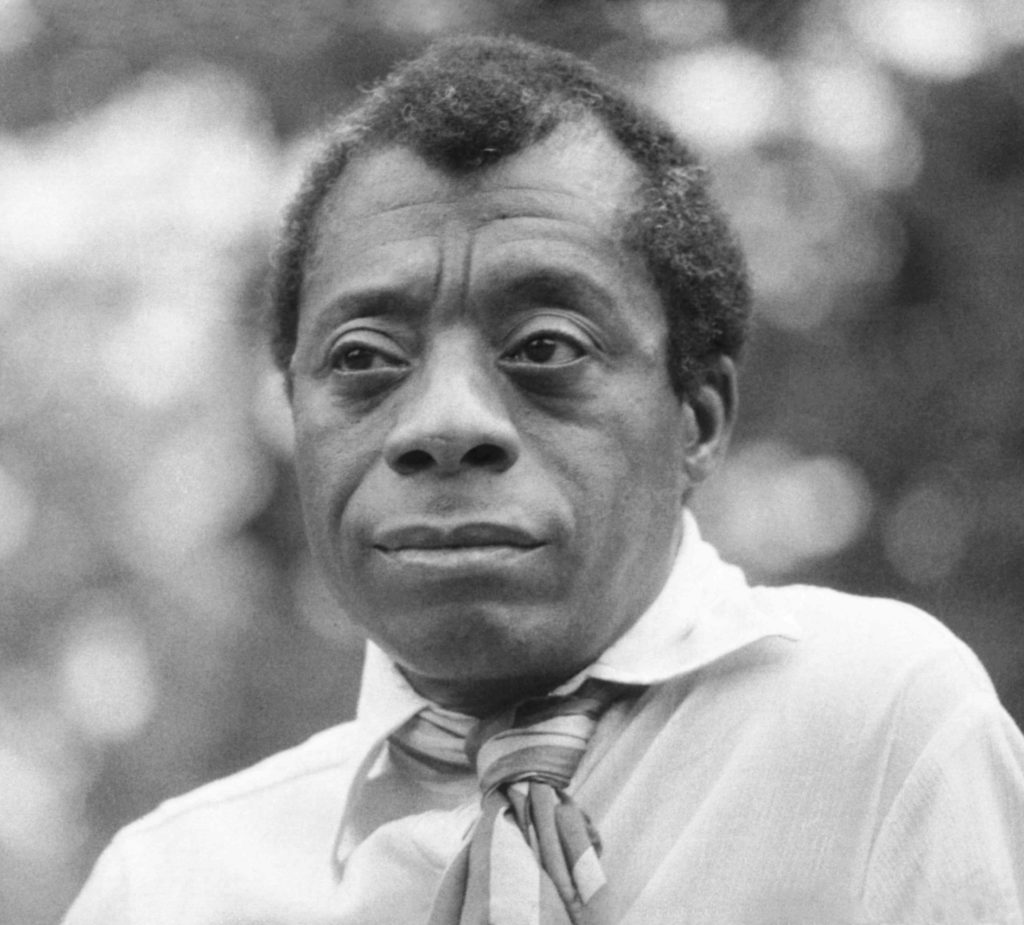The second person to be discussed during this Black History Month special is essayist, playwright and novelist, James Baldwin. He published many critically acclaimed books and essays in the 50s and 60s. Some of his most famous works include, Giovanni’s Room, Go Tell It On the Mountain and Notes of a Native Son. One of his novels, If Beale Street Could Talk, was recently converted into a film adaptation by acclaimed director Barry Jenkins and has been nominated for three Oscars.
James Baldwin was born to a single mother in Harlem, New York on Aug. 2, 1924. He developed his love for reading and writing at an early age, using it as an escape from harsh Harlem street life and his strict religious stepfather. In the mid-1940s, Baldwin moved to the famous art district, Greenwich Village, to pursue writing. There he landed the Eugene F. Saxton fellowship, and had several essays published in many newspapers. Despite his achievements, James Baldwin felt the nation’s stifling oppression was too much and moved to Paris, France. He claimed that him moving abroad brought him closer to his heritage and his bisexuality.
While in Paris and later Istanbul, Baldwin wrote some of his most famous literary works like, Go Tell It On The Mountain, Notes of a Native Son and The Fire Next Time. His compositions spoke about the black experience in America and race relations between blacks and whites. He wasn’t afraid to call out his white readers for their blindness to racism in society and how it can potentially wreak havoc to the nation. The author faced controversy, amongst both black and white readers, for writing about interracial relationships between heterosexuals and homosexuals. Eldridge Cleaver, who was a member of the Black Panther party, called him out for having a “shameful, fawning” love for whites.
Baldwin claimed that he was more concerned with the destruction of the fantasies of a contented audience, which is determined to ignore reality. Baldwin eventually returned back to the U.S to help out with the civil rights movement, but the deaths of his close friends, Medgar Evers, Malcolm X, and Martin Luther King Jr. led him to a disillusionment that became apparent in his writings. His later works never sold as well as his earlier pieces. The author died at his home in St. Paul de Vence, France on Dec. 1, 1987, leaving behind a momentous literature legacy. Baldwin and his stories have continued to be praised by people of all races, and even a documentary about his unfinished project, “Remember This House,” was released in 2016. Titled “I Am Not Your Negro,” the documentary was nominated for an Academy Award in 2017.
James Baldwin will forever be remembered for his contribution towards American literature and Black art.

